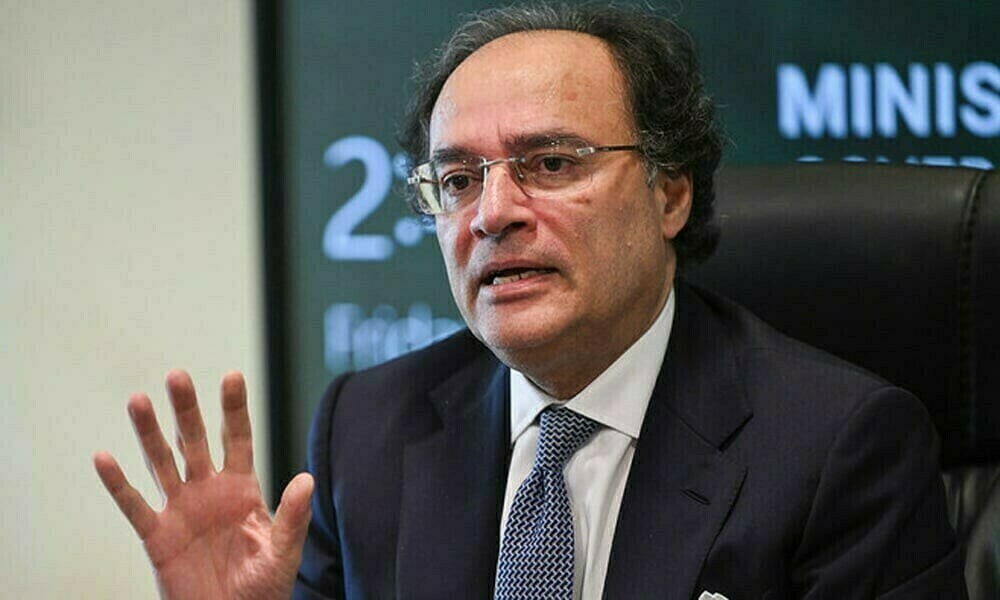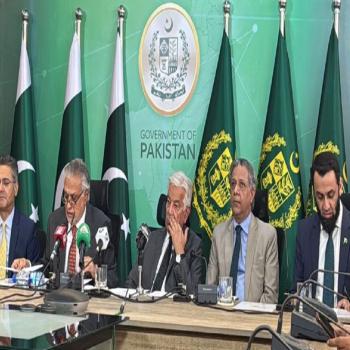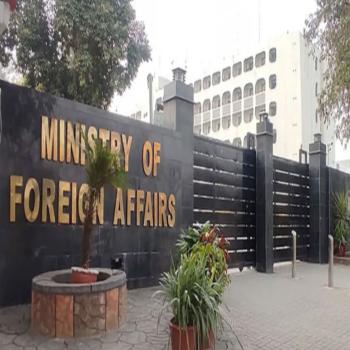Federal Finance Minister Senator Muhammad Aurangzeb has hinted at a further reduction in interest rates while confirming that Prime Minister Shehbaz Sharif will soon announce a cut in electricity tariffs to provide relief to industries and consumers.
Speaking to Bloomberg during the Boao Forum for Asia in China, Aurangzeb stated that the government’s economic policies are centred on stabilising the economy, increasing exports, and expanding the tax net.
The finance minister said that Pakistan’s upcoming federal budget will bring major tax reforms by incorporating the real estate, retail, and agriculture sectors into the tax system.
He noted that reducing the tax burden on the manufacturing sector is a key objective, as this sector has historically shouldered the largest share of taxes. The government aims to broaden the tax base so that previously untaxed sectors contribute their fair share, ensuring a more balanced and sustainable revenue generation model.
Aurangzeb also expressed confidence in the declining inflation trend, assuring that the government closely monitors price movements. He noted that core and overall inflation rates have shown signs of improvement, which could provide room for further interest rate cuts in the coming months. Lower interest rates, he explained, would spur economic growth, encourage investment, and reduce borrowing costs for businesses and individuals.
In a significant financial move, the finance minister revealed that Pakistan plans to issue its first-ever Chinese Yuan bond later this year. The bond, expected to be valued between $200 million and $250 million, is aimed at diversifying funding sources and strengthening Pakistan’s financial standing in global markets.
Aurangzeb clarified that while the size of the bond might not be very large, its significance lies in expanding Pakistan’s financial options beyond traditional markets such as the United States, Europe, and Islamic Sukuk bonds.
The minister explained that proceeds from the Yuan bond will be directed toward climate change projects, helping Pakistan tackle environmental challenges and develop sustainable infrastructure. He stressed that tapping into China’s deep and expansive capital market is a strategic decision, allowing Pakistan to explore alternative financing options that reduce its dependence on Western financial institutions.
One of the most anticipated developments is the upcoming announcement by Prime Minister Shehbaz Sharif regarding electricity tariff reductions. Aurangzeb stated that lowering power rates is crucial for boosting industrial production and making Pakistani exports more competitive in global markets.
High energy costs have long been a major concern for manufacturers and exporters, limiting their ability to compete with regional economies like India, Bangladesh, and Vietnam.
By reducing electricity prices, the government aims to support local industries, particularly textiles, manufacturing, and agriculture, which rely heavily on affordable energy to maintain production costs. This move is expected to increase export volumes, attract foreign direct investment (FDI), and create more job opportunities in the country.
The minister reaffirmed that these policy measures are part of the broader economic revival plan, designed to stabilise the economy, encourage industrialisation, and reduce Pakistan’s dependency on external borrowing and aid programmes.
rn
rn





